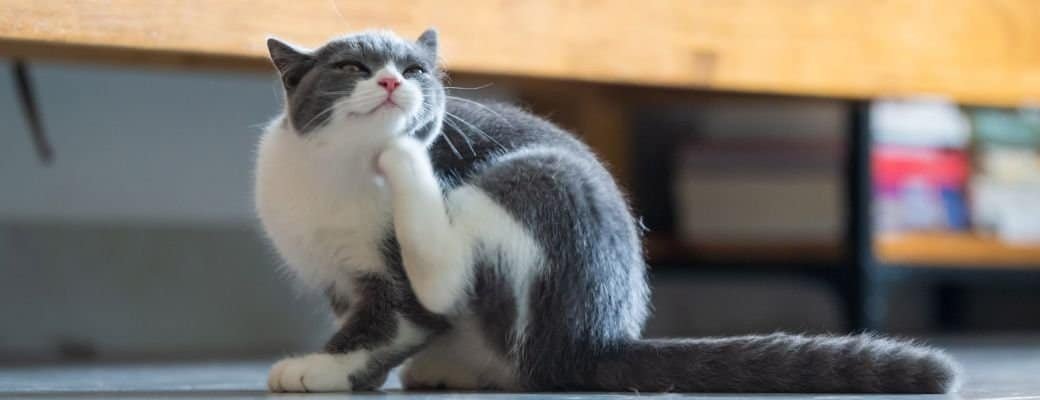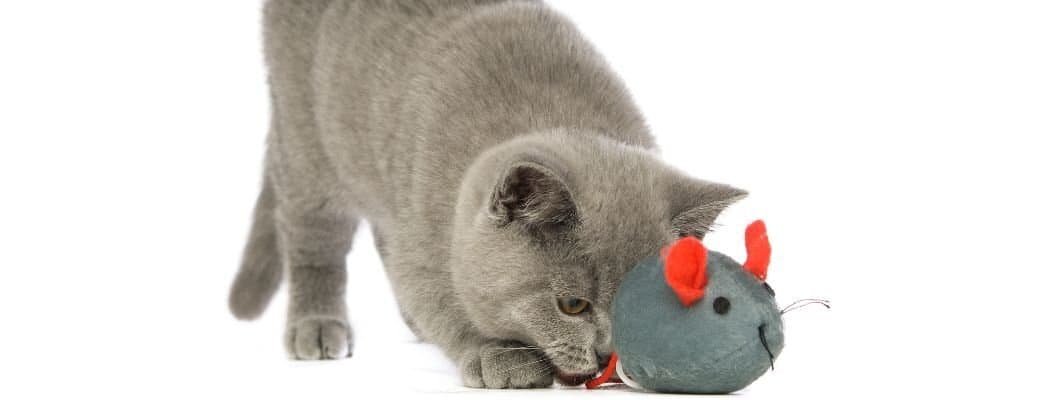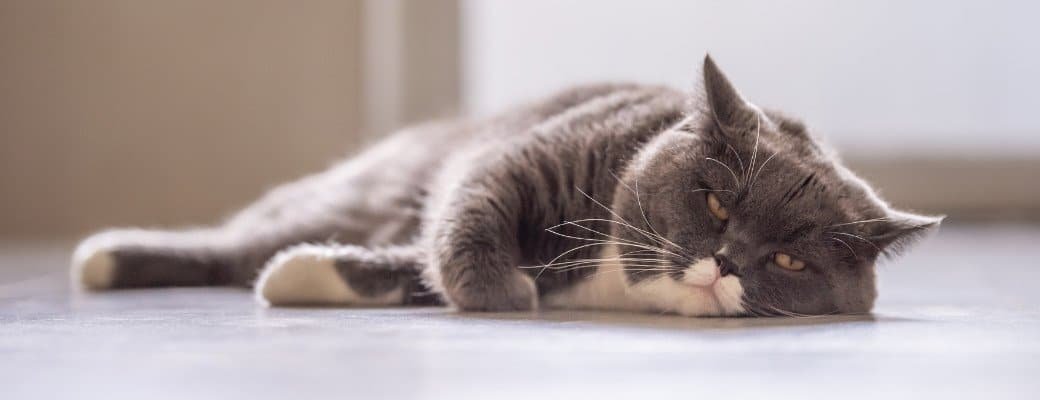If you're a busy professional or have a lifestyle that requires you to leave your cat alone during the day, you might be wondering if your British Shorthair will be okay while you're out. After all, British Shorthairs are known for being calm, independent cats—but does that mean they’re happy left to their own devices?
As someone who has lived with British Shorthairs for years, including my own cat Rosie, I can offer some insights into the breed's tolerance for being alone and the best ways to ensure they remain content while you're away.
Let’s explore the British Shorthair’s independence and how to make sure your cat stays healthy and happy when you're not at home.


British Shorthairs: The Independent Cat
British Shorthairs are known for their calm and reserved nature. They’re not the clingy, high-maintenance cats that need constant attention or interaction, which makes them ideal companions for working cat parents.
Unlike breeds like Siamese, who thrive on vocalisation and attention, British Shorthairs are perfectly happy to spend time alone. They enjoy your company, but they’re not demanding of it. Their independent streak means they are less likely to experience separation anxiety than some other breeds.
Rosie, for example, is quite content to hang out in her favourite spots, like her cosy perch by the window, while I’m at work. She’ll check in with me when I get home, but she doesn’t fuss or act out when I’m gone.
That said, just because British Shorthairs are independent doesn’t mean they don’t need mental stimulation, comfort, and care when left alone.
How Long Can British Shorthairs Be Left Alone?
The general rule of thumb for cats is that they should not be left alone for more than 8–10 hours at a stretch, especially if they are kittens or elderly cats. For British Shorthairs, this can be a little more flexible, but it still depends on the individual cat.
Young kittens: Should not be left alone for more than a few hours. They need regular attention, playtime, and socialisation.
Adult British Shorthairs: Can usually be left alone for up to 8 hours a day without any issue, as long as they have access to food, water, and a clean litter box.
Senior British Shorthairs: If you have an older cat, they may need a bit more attention, so it’s best to check in on them more often, or consider having a pet sitter.
Rosie, now a mature adult, is perfectly fine being left alone for a typical workday. She has her food, water, and favourite places to rest. But if I’m gone for longer, I make sure to arrange for someone to check in on her.


Tips for Keeping Your British Shorthair Happy When You’re Away
Even though British Shorthairs are independent, there are still a few things you can do to ensure they’re not bored or lonely when you’re not around.
1. Provide Plenty of Entertainment
British Shorthairs enjoy a good game, but they’re not as hyperactive as some other breeds. To keep them stimulated while you're away:
Interactive toys: Invest in puzzle feeders or toys that encourage problem-solving. These are excellent for keeping their brains engaged.
Cat trees or climbing shelves: British Shorthairs like to have different levels in their environment. They’re not climbers like some breeds, but a few steps and shelves where they can sit and watch the world go by will keep them entertained.
Window views: British Shorthairs love to observe their surroundings. A window perch can provide hours of entertainment as they watch birds, cars, and people pass by.
2. Create a Safe, Comfortable Space
Make sure your British Shorthair has a comfortable area to relax while you’re gone. They’re not particularly needy, but they like to feel secure and cosy. Here are a few tips:
Beds and hideaways: A soft, enclosed bed or a covered cat tunnel will provide a quiet retreat for your cat.
Familiar smells: British Shorthairs, like most cats, are comforted by familiar scents. Leave out a piece of clothing with your scent or use pheromone sprays (like Feliway) to help them feel relaxed.
Access to food and water: Make sure they have plenty of fresh water, and if you’ll be away for a long day, leave a food dispenser or automatic feeder to ensure they’re not hungry.
3. Consider a Pet Camera
If you’re worried about leaving your British Shorthair alone for an extended period, a pet camera can give you peace of mind. You can watch them in real-time, check on their behaviour, and even speak to them through the camera (if it has a two-way audio feature).
This can be especially useful if you’re away for longer than usual and want to monitor their wellbeing. Rosie’s quite content while I’m out, but if I were worried, having a camera to check in would make a big difference.
4. Consider Hiring a Pet Sitter or Using a Cat Sitting Service
If you’re planning to be away for more than a day, it might be worth hiring a cat sitter to check on your British Shorthair. They can provide food, fresh water, and even a little playtime to keep your cat content. It’s a good idea to find someone familiar with British Shorthairs, as they’ll understand their personality and needs.


faq
Yes, British Shorthairs are generally independent and can be left alone for up to 8–10 hours. However, they still need access to food, water, and a clean litter box.
No, British Shorthairs are not overly needy. They enjoy being around their owners but don’t demand constant attention.
They can, especially if they don’t have enough stimulation. Provide puzzle toys, a window perch, and a safe space for them to relax in while you’re away.
If you’re gone for longer than usual, a pet sitter can help ensure your British Shorthair has company, playtime, and attention.
Not usually. British Shorthairs are more independent than many other breeds, but every cat is different. If your cat shows signs of distress when left alone, a pet sitter or extra enrichment might help.
Final Thoughts: So Can British Shorthairs be Alone?
British Shorthairs are the perfect cats for working owners or those who spend time away from home. Their independent nature means they can entertain themselves, and as long as you provide plenty of stimulation, comfort, and food, they’ll be content while you’re out.
Rosie is a perfect example of a British Shorthair who loves a quiet day of lounging while I’m at work. With the right preparations, you can ensure your British Shorthair remains happy and healthy when left alone, allowing both of you to get on with your daily routines.
